Blog 10/19/23
Content warning: This story contains details about domestic abuse.
Dawn’s story of domestic violence is punctuated with dates. The date her abuse happened. The date she went to the shelter. Her ex-partner’s arrest date. The court date.
She keeps these dates and other details in a planner that has helped her manage her survival since January 8, 2023. On that day, the person she loved and thought she would spend her life with turned on her. After what she describes as “four hours of hell,” she escaped her home and her abuser. She never returned.
Dawn is a medical assistant at Equitas Health. She wanted to tell her story during Domestic Violence Awareness Month for one reason: “I want people to know they matter,” she said.
“Some people are treated as if they asked for what happened to them. They won’t go to the police or a doctor,” said Dawn. She hopes her story will inspire others and let them know that they are not alone.
In fact, 1 in 4 women and 1 in 7 men will experience domestic violence in their lifetime. For transgender and gender non-conforming folx the odds rise to just over 1 in 2 (RESPOND).
No story of abuse and survival is the same. Domestic violence impacts people regardless of sexual orientation, gender identity, race, or income level. Some survivors will seek justice through the police and courts. Others will choose alternative routes to justice and healing.
“There is no right way to be a survivor,” said Alex Anastasia, program manager of the Buckeye Region Anti-Violence Organization (BRAVO), a program of Equitas Health. BRAVO provides resources, support, and community for LGBTQ+ survivors of hate violence, relationship violence, sexual assault, stalking, and harassment.
Dawn was able to get away from her abuser and drive herself to a friend’s house the night of the attack. Her friend called 911 and paramedics took Dawn to the hospital. She was treated and released, but not before a nurse took 109 photos of the cuts and bruises on Dawn’s body.
“They tried to get me to go to a shelter, but I was hesitant. The picture I had in my mind was more like a prison,” she said. Instead, she returned to her friend’s house.
Fear and stigma often keep survivors from going to a shelter or transitional housing, said Anastasia.
Some people feel they will become a number in a system that will put them back out and into an abusive situation. Others fear the shelter will call the police. “While shelter policies do vary, in most cases they won’t call the police unless there is an imminent threat of harm. Survivors can always ask about shelter policy,” said Anastasia.
“In rural areas, there may be only one shelter. If folks can’t get to a different shelter, they know their abuser may know where they are,” she added.
In the month after her attack, Dawn’s ex-boyfriend sent her photos of her car to show her that he knew where she was. She called 911 to report it, but they couldn’t help. “They said, ‘What do you want us to do?’” she said.
Her ex-boyfriend kept making harassing phone calls. He even tried to get Dawn to tell police that someone else attacked her. She kept calling 911.
“I completely understand why some people stay in an abusive situation, or take matters into their own hands against their attacker. You feel like nobody wants to help you,” said Dawn, who left her ex-partner after that first attack.
“In most cases, it takes an average of seven times before someone will leave an abuser,” said Anastasia.
BRAVO’s goal is to make sure survivors feel validated and empowered. “The most important part of survivor services is empowering people. Someone has used violence to exert power over them, and we try to help them get their power back,” she said.
The night of Dawn’s attack, emergency room staff gave her a folder of resources and the name of a legal advocate.
“Calling her was the best thing I did. She called to check on me and went with me to court,” said Dawn. An advocate from the prosecutor’s office also went to the hearings with her.
Between January 8 and February 10, Dawn’s ex-boyfriend made several harassing phone calls to her. She was able to record one of those calls.
“I had him on my phone, and I called 911 on my friend’s phone. The dispatcher could hear him making threats,” she said. While she kept him on the phone for over an hour, police went to the home and made an arrest.
Dawn’s ex-boyfriend went to jail that day. He was released less than a month later after posting bond. Nobody called to tell Dawn about his release date.
“I called the prosecutor’s office and raised hell. They told me I slipped through the cracks,” she said.
A domestic violence shelter hotline arranged for her to stay at a hotel for three weeks, and then she moved to the shelter for the next three months. During this time, she began to build her case against her ex-boyfriend. She had photos, text messages, emergency room records, and her smashed phone—a felony offense. Prosecutors also had the 911 call Dawn made the night of her ex-partner’s arrest. She admits that she still has not listened to it.
“There were many nights I laid in bed and prayed for God to take me. But something told me to keep fighting. It’s frustrating, and the system is not there for you. You have to want to advocate for yourself,” she said.
Anastasia said the strongest cases against abusers have to do with evidence the survivors collect themselves. BRAVO even gives survivors USB drives, cameras, and journals to collect evidence. The organization’s advocates then work with them to figure out how to gather and safely keep that evidence.
Dawn’s ex-boyfriend was arrested again at the end of March for violating a temporary protective order. The judge ultimately revoked bond and Dawn’s abuser returned to jail to await a May trial date. He pled guilty before the actual trial and was sentenced to six years in prison, followed by three years of parole.
“There is a possibility for early release after 6 months. Which means a year from when it happened, I could have to do this all again,” said Dawn.
BRAVO suggests people connect with VINE, Victim Identification Notification Everyday. VINELink.com is a free and anonymous service that keeps survivors and witnesses informed about custody and criminal cases.
Dawn said her sense of security has been shattered since the attack. She doesn’t sleep more than a few hours each night. When she started her new job, she had one request: that her desk face the door, so she can see who enters. The support she has received from her new coworkers and supervisors has helped in the healing. She also started talking with a counselor.
“It’s hard as hell,” she said. “My mission, my passion right now is the patients I work with. Tomorrow is not guaranteed, but today I can make a difference for one person.”
If you or someone you know is experiencing violence, call BRAVO at (866) 862-7286, text (614) 333-907, or chat live at bravo.equitashealth.org.
Walk-in hours at the King-Lincoln Health Center are Wednesday and Friday from 9 AM – 5 PM.

Blog 3/29/24
Equitas Health is pleased to announce that a collective bargaining agreement has been reached with Equitas Health Workers United Local #6609. Members of the bargaining unit voted this week, and the result was resounding support for ratification of the agreement.
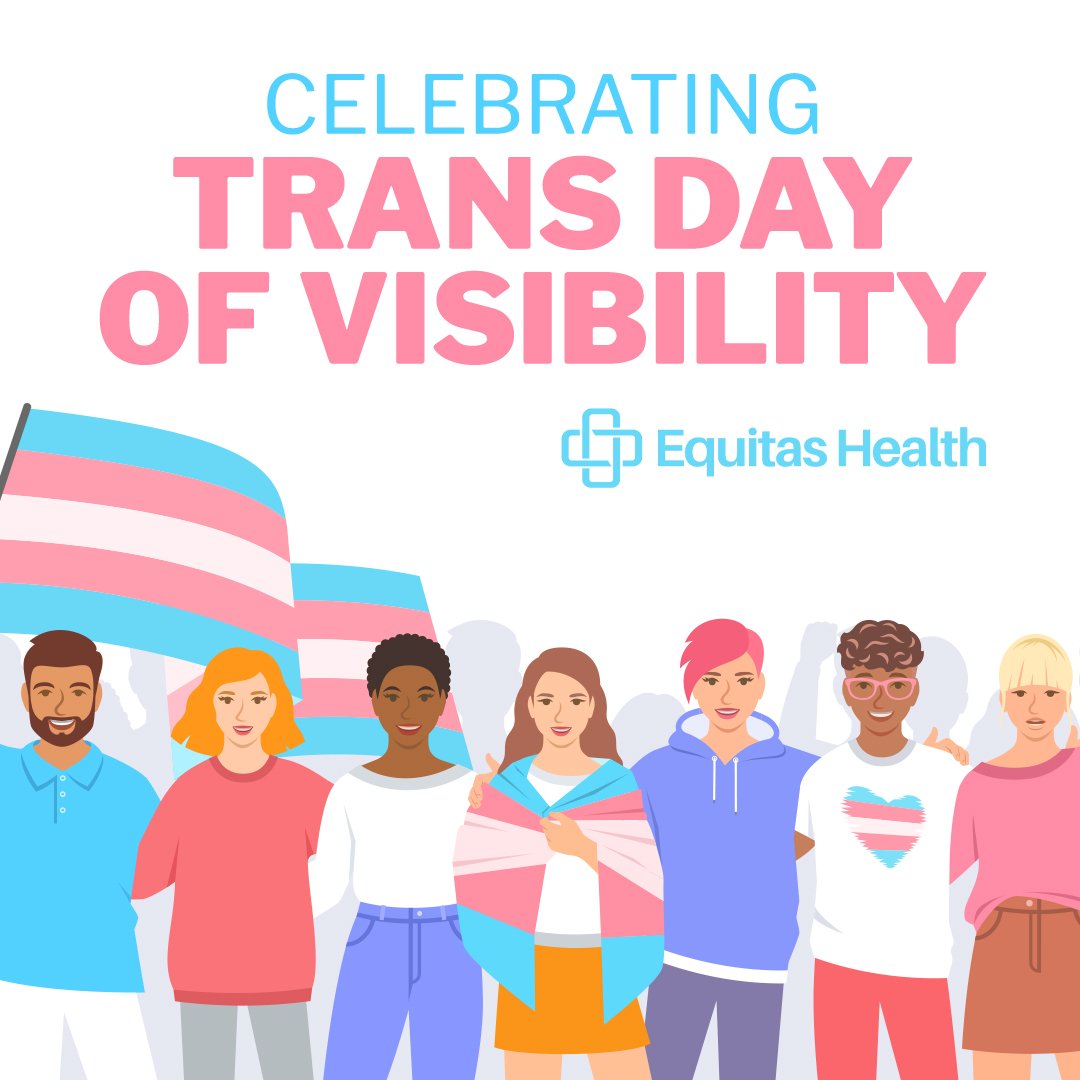
Blog 3/25/24
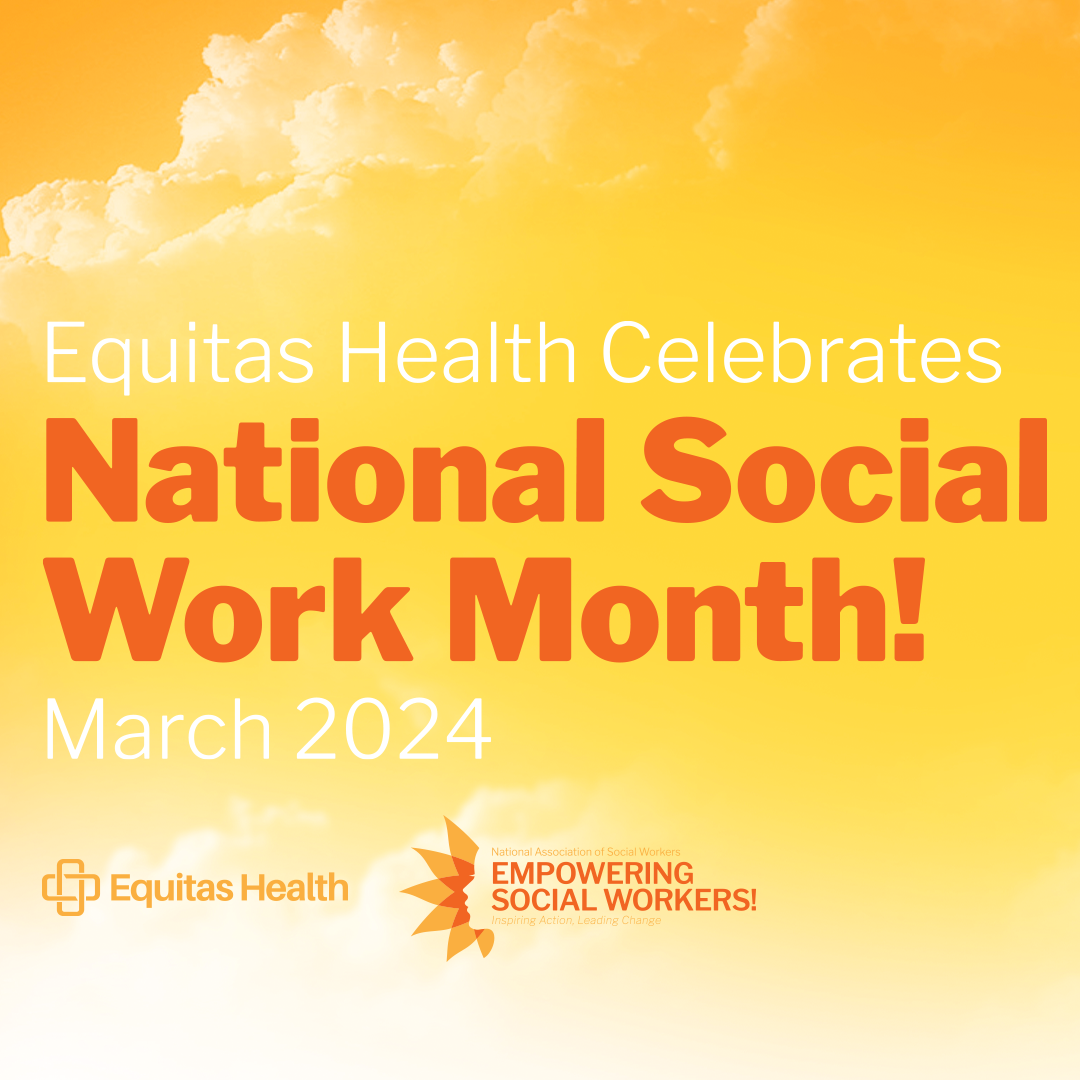
Blog 3/1/24
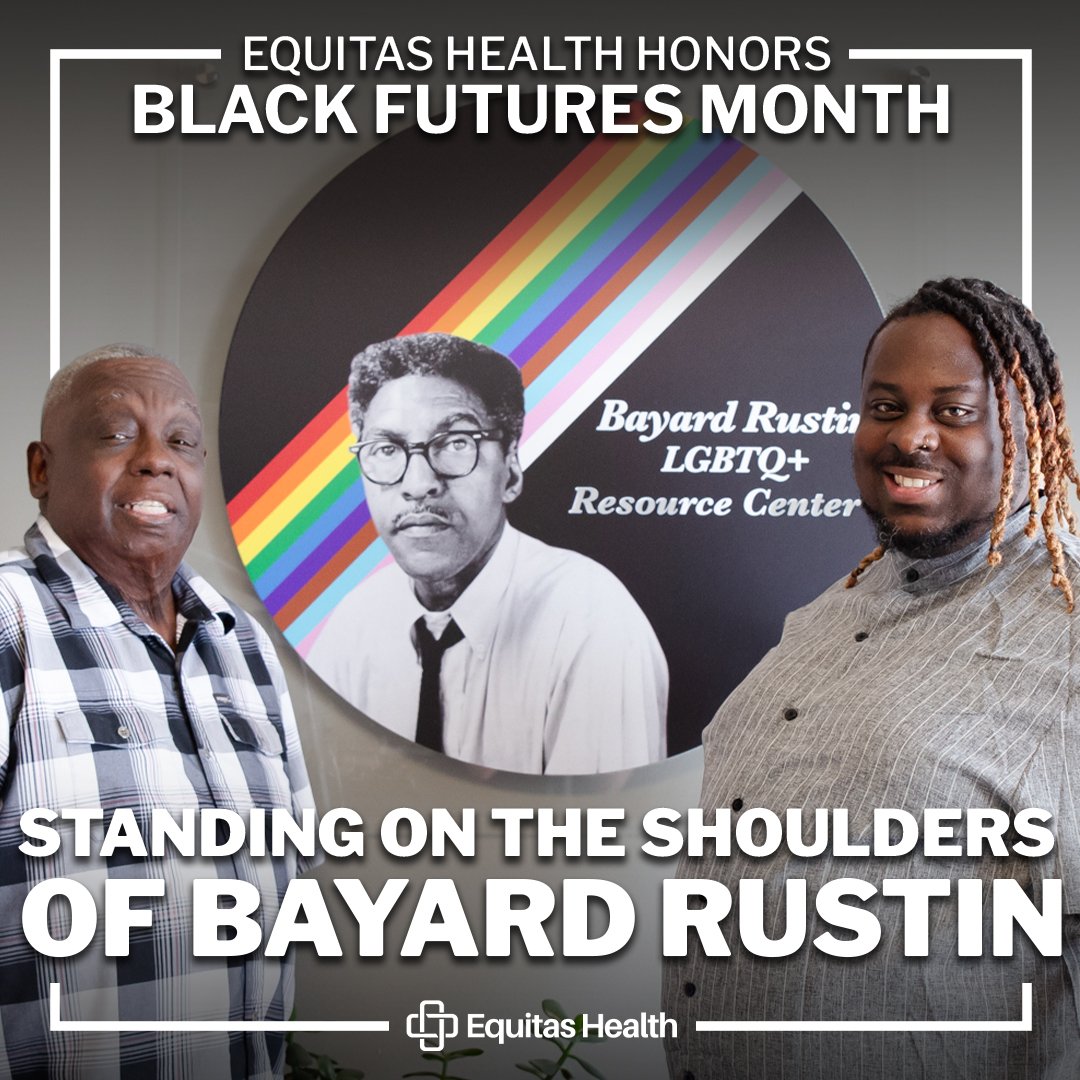
Blog 2/27/24
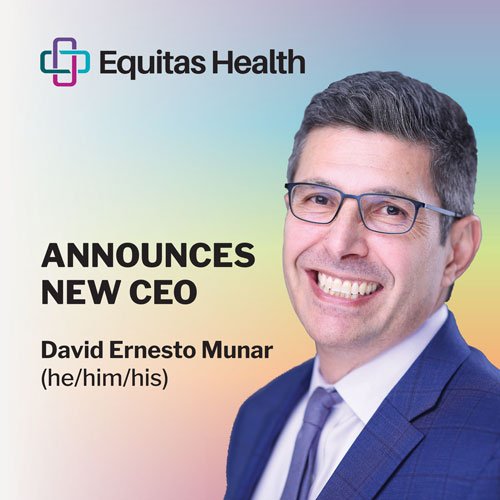
Blog 2/26/24
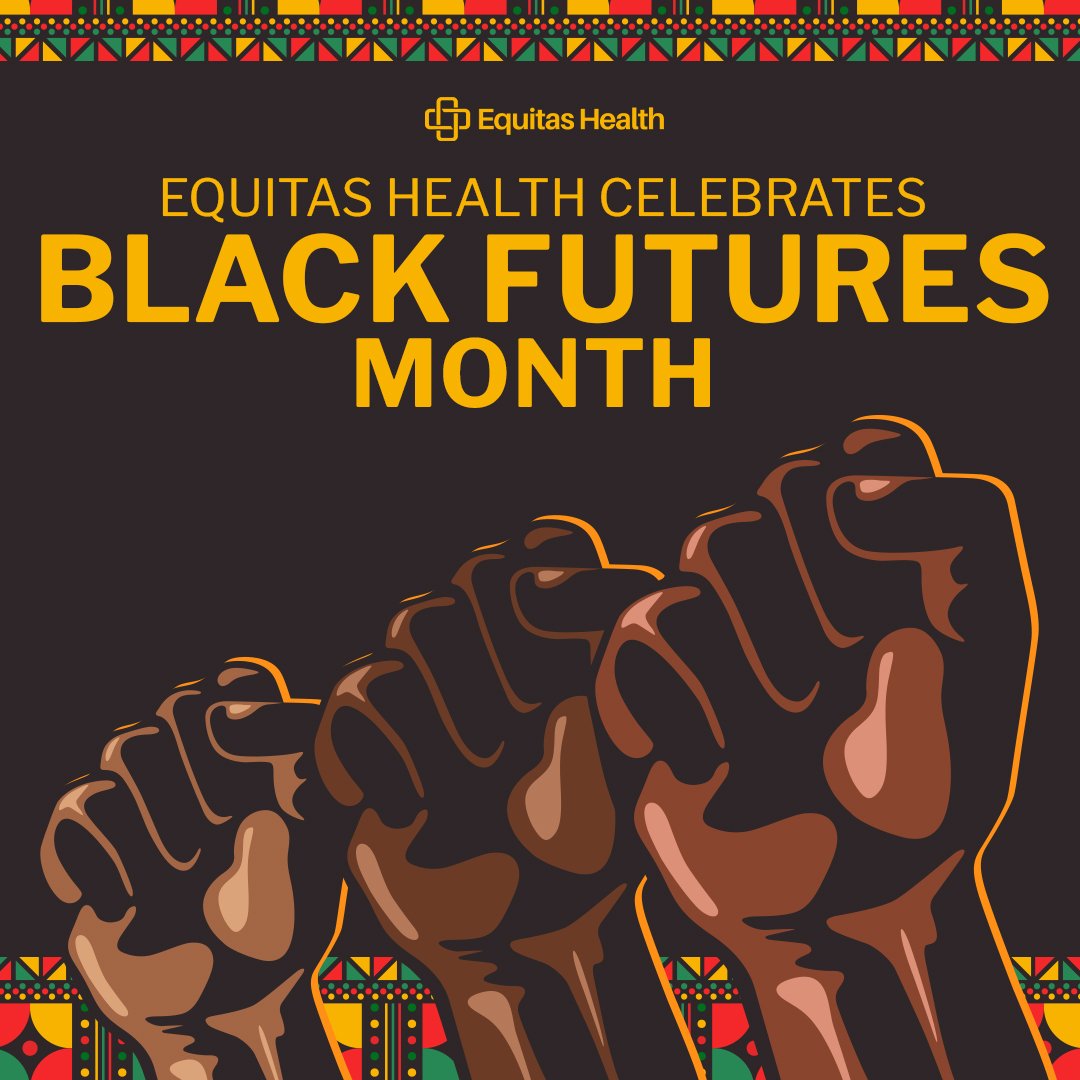
Blog 1/30/24